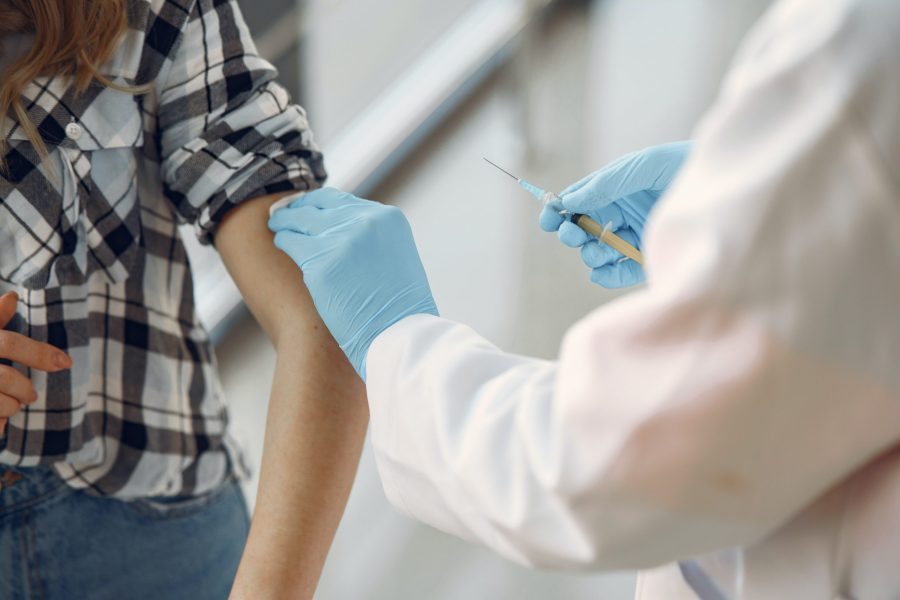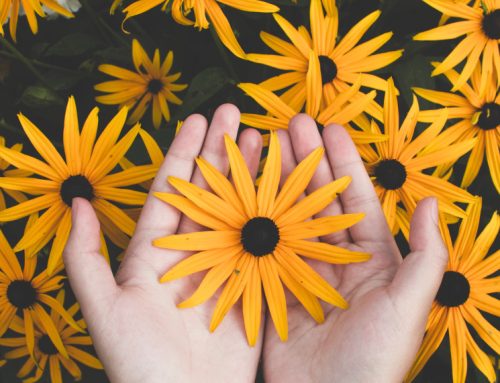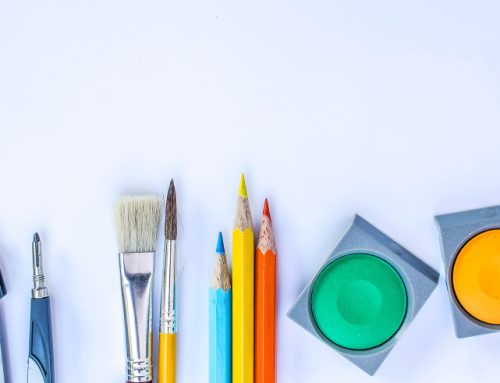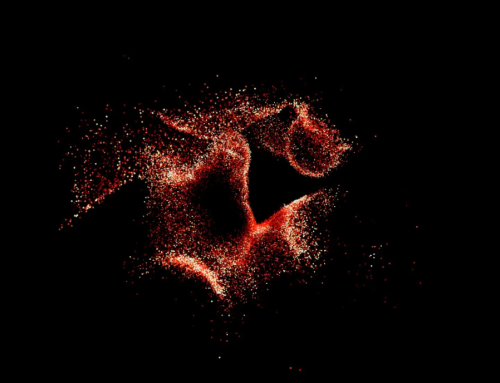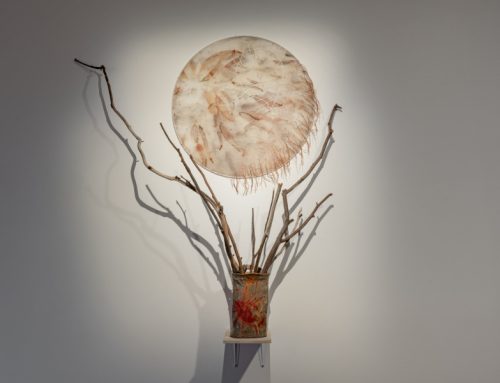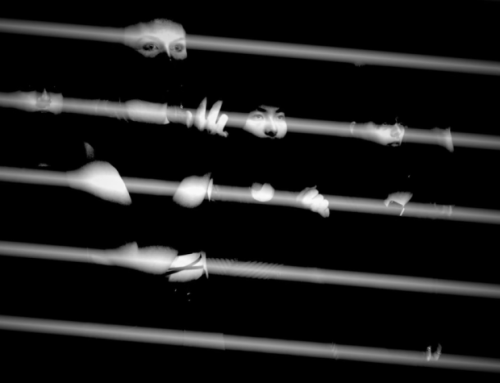Dr Claire Hooker discusses opportunities to mobilise the creative arts for vaccine advocacy, looking to the USA for examples of artists and organisations who have collaborated with government bodies to promote vaccination. Access to vaccines, says Dr Hooker, rather than vaccine hesitancy, is the key issue for Australians at present. As the rollout becomes more widespread, however, the arts could have a vital role to play in disseminating vaccine information.
The creative arts have been a powerful resource in critical health education and public health campaigns. During the 2014 outbreaks of Ebolavirus disease in West Africa, for example, artists (especially musicians) were crucial in spreading public health messages about recognising symptoms and hygiene behaviours, and especially, in helping the fearful public increase their trust in healthcare workers and to attend hospitals if diagnosed.
Now one State in the USA is doing the same thing to help build confidence in COVID-19 vaccination. In the USA, all citizens have technically had access to a range of effective COVID-19 vaccines for many months now. However, low public trust, partly the result of how politicized the COVID-19 response has been, has resulted in a high level of ongoing vaccine hesitancy, with vaccination levels at well under the 80% threshold for mitigating disease spread. US physicians have recently written of their agony at watching dying COVID-19 patients beg, too late, for vaccination.
To help build confidence in and increase demand for COVID-19 vaccination, the Centers for Disease Control and Prevention (CDC) and several other organizations have created an innovative community initiative that leverages local artists as trusted vaccine messengers.
The COVID-19 Georgia Arts pilot is a unique collaboration between CDC and two local arts organizations – Dashboard and Living Walls – to increase vaccine uptake through public art. A series of recently launched art installations and events will continue throughout August in cities including Atlanta, Savannah, and Athens.
“There is a long history in the U.S. of partnering with arts and media organizations to promote health education,” said Peggy Honein, Deputy Incident Manager for CDC’s COVID-19 Response. “Local artists can play an important role in delivering fact-based information and serving as trusted messengers within their communities to increase confidence in vaccines. This is a truly unique opportunity to work together to demonstrate the power and potential of the arts as a public health strategy to protect communities.”
The Georgia pilot project will serve as a “case study” for other states interested in using arts and culture to empower vaccine confidence. In addition to these efforts, CDC’s collaboration with the University of Florida Center for Arts in Medicine has resulted in the development of a set of informational field guides, a comprehensive program repository to drive public health partnerships with arts and culture programming in communities, and an Aug. 24th webinar for health and arts professionals on vaccine confidence collaborative efforts.
The Melbourne Symphony Orchestra in partnership with a series of other Victorian arts organisations, has already produced a delightful vaccination promotion video. But at present in Australia the issue is access to vaccines, not hesitancy about them. In the future, the arts can play an important role in conveying vaccine information in formats designed to support cultural safety and health literacy. The arts will be even more crucial as a means for people to represent and explore their varying experiences with lockdowns, confusion, sorrow and hopefulness about COVID-19 and to facilitate the community care and cohesion that will be a primary determinant of our long term recovery.
